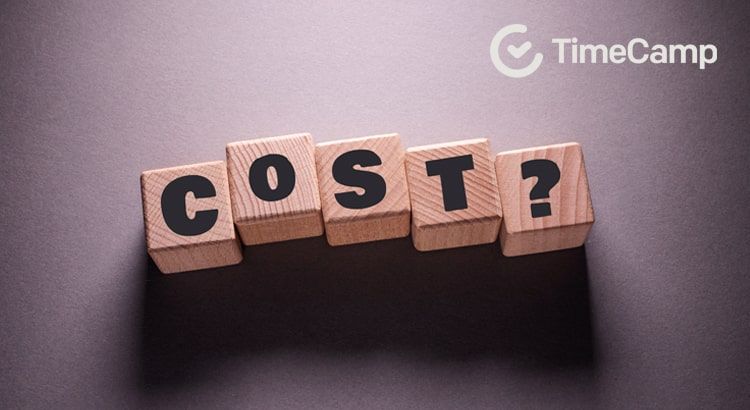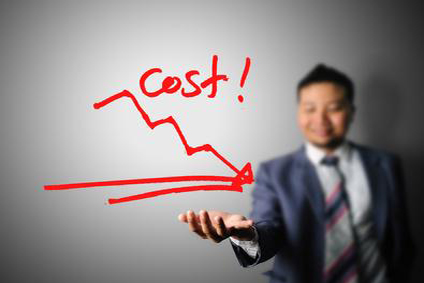Ways To Categorize and Track Small Business Expenses
Susan Kelly
Nov 02, 2022
If you are familiar with the primary kinds of company expenditures, it will be much simpler to determine which costs are tax deductible and which are not. In this post, we will go over these small business costs, how to correctly classify them, and how keeping track of your organization's spending may help your company.
What Kinds of Expenses Are Deductible for My Business?
When calculating their taxable income, company owners may deduct certain costs from their total revenue if those costs qualify as tax-deductible business expenditures. These costs are sometimes referred to as "tax write-offs." In short, tax-deductible business costs can lower the total amount of taxes you are obligated to pay as a result of your firm's operation and the profits it generates. The following are some critical instances of costs that may be deducted from your taxes:
- Use of the house and vehicle for business purposes
- Taxes on directly worked labour
- Rent for an office space or a storage facility
- Insurance payments
- Utilities like phone bills, internet service, etc.
Small Business Expense Categories
When filing tax returns and identifying tax-deductible goods, correctly classifying company costs may simplify the process. The following is a list of the direct expenses that are tax deductible for small companies to keep in mind.
Taxes
Tax-related costs that relate to a company's operations may qualify for a tax deduction. These charges include state and local income tax, personal property, excise, and sales tax.
Utilities and Rent
You may be able to take a tax deduction for the money you spend on utilities that are essential to the continued operation of your company. These costs may include your monthly payments for your telephone, internet, and power use, the rent you pay for your office and any extra storage space you need.
Insurance
If insurance is required, especially for your company or trade, you may be able to deduct the regular and necessary cost of purchasing it as a business expenditure. Insurance premiums, general and professional liability insurance, commercial property insurance, and data breach insurance are some expenses related to insurance that may be deducted from your taxable income.

Vehicle Expenses
Use a car or another vehicle that is comparable for business purposes. The cost of ownership and the cost to operate the vehicle may be tax deductible. More precisely, deductible expenses include the price of petrol, the miles driven for business purposes, parking fees and tolls, and depreciation (although certain conditions must be met for the latter).
Compensation
It is possible to deduct from your taxable income the number of wages paid to employees or contractors who do direct labour for your company.
How To Categorize Small Business Expenses
If you have never done taxes for a company, classifying your costs into appropriate categories may be helpful, but it can also seem complex and daunting. Here are several methods to organize small company costs for you to consider, whether you are a new business owner trying to create effective systems for spending monitoring or an experienced entrepreneur looking to improve the method you use to keep track of your financial records.
Set Up a Separate Expense Account
Establishing a separate bank account to manage certain company expenditures may make monitoring much more straightforward. For instance, you may use a distinct "Utilities" account to pay your utility bills, including those for your phone, internet, and power.

Use Online Apps and Software
Small company owners may simplify the process of recording their expenses and computing their taxes by using tracking applications and software that are simple and sometimes come at no cost. Business owners can use an automated system to create invoices and expense reports, track expenses and time, and quickly look up financial records and data.
Why You Should Keep Tabs on Your Company's Expenses
Keeping tabs on your company's expenditures may benefit you in the following ways:
- Keeping track of your spending enables you to determine which ones qualify as tax write-offs and improves your level of readiness for tax time.
- Having well-kept transaction records may be helpful when it comes to company audits and inspections.
- Keeping close tabs on the costs of running your company will help you evaluate your current financial situation, assess the potential for profit in your company, and identify areas in which improvements are necessary.
- Keeping track of your business's expenses enables you to organize better and classify the critical financial data required to manage your company.
- Keeping track of your company spending helps you budget more successfully and may assist you in finding finance from other sources.







